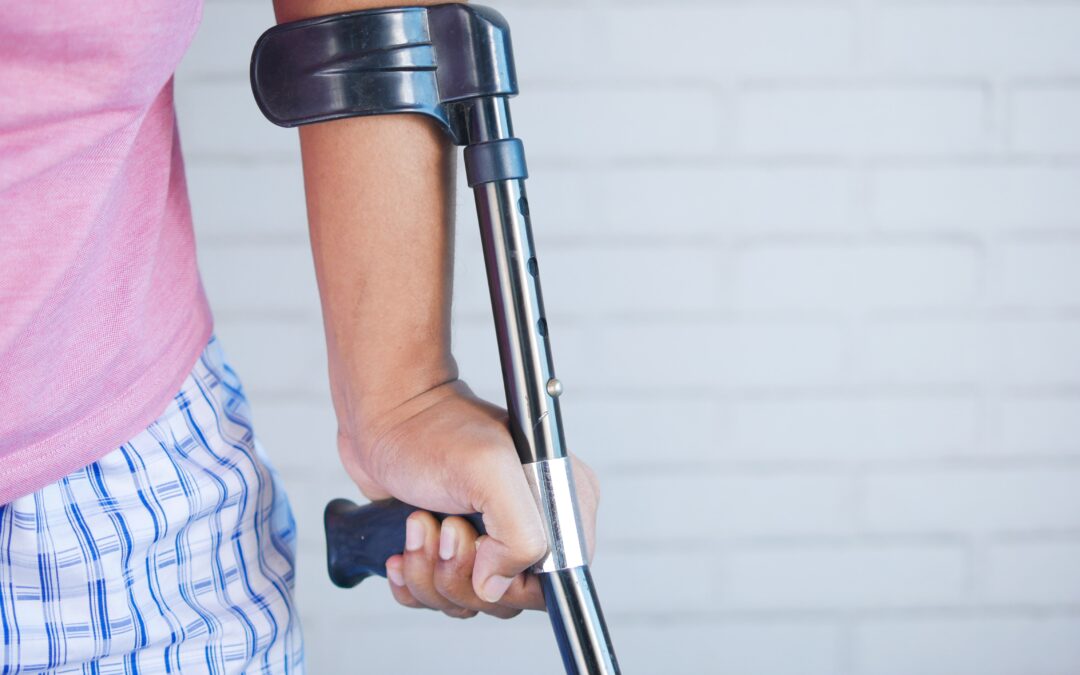Understanding the Timeframe of Healing and Recovery for Different Types of Injuries
The Physiotherapists at Power Physiotherapy probably hear this question at least 20 to 30 times per day and it’s a fantastic question that all patients should ask.
When someone attends the clinic with an injury, it’s important that the physiotherapist explains the timeframe of healing. Not only will this help meet the expectations of a patient, but often it can put someone’s mind at ease knowing that their recovery time is normal for that problem.
Factors that Affect the Timeframe of Healing and Recovery
Many factors influence the timeframe of healing and recovery. These questions must be asked and considered.
- Is the injury acute (new injury) or chronic (long standing injury)?
- How severe is the injury?
- Are there other complications involved?
- What is the age and overall general health of a person?
- What is the structure involved in the injury? Eg: muscles, tendons, ligaments
- Can someone change their work, sport or lifestyle to assist healing?
Let’s discuss timeframe of healing of different tissues a little further, remembering that the key factor impacting healing is the severity of the injury. Examples:
Muscles: Days to Weeks.
Tendons: Weeks to Months.
Ligaments: Weeks to Months.
To dig even deeper into this topic let’s break it down to what happens to the tissue. Knowing this information, helps things make a bit more sense. If things make sense, then we can prepare ourselves for the time needed to get better.
The Four Stages of the Healing Process and Tips for a Speedy Recovery
The four main stages of the healing process are: (please note these are described in general terms and the severity of the injury as well as other factors must always be considered).
Stage 1: Immediate stage of injury – when an injury first happens such as a sprained ankle, muscle tear or back strain.
Bleeding phase may last up to 4-6 hours. During this phase you may see the onset of swelling, bruising and pain. Difficulty with movement will begin.
Stage 2: Acute or Inflammatory stage
The Inflammatory phase (swelling, bruising and pain) may continue to increase up to 3 days post injury.
Stage 3: Regeneration & Repair
From 2 days to 3 – 6 weeks post injury. This is the stage where the injury may start to stabilise, and symptoms start to settle. You may start to feel better and see signs of improvement.
Stage 4: Remodelling Phase
3 weeks to 1-2 years post injury. The timeframe as you can see is huge during the remodelling phase which highlights the variation with different tissue and injury severity. In addition, the demands of work, sport and lifestyle may require longer periods of treatment to achieve full recovery.
So, as you can see there are no ‘quick fixes’ in recovery. Muscles, ligaments, tendons, discs, nerves and joints all need their own time to heal. We may be in a hurry to get better but unfortunately we can’t rush the natural process of healing.
Seeking Professional Help from Power Physiotherapy for Injury Treatment and Recovery
However here are some tips that may help a more speedy recovery:
- Seek professional help as soon as your injury occurs – the faster your treatment commences, the sooner you receive guidance, care and advice to help recovery.
- Follow all instructions your health professional or physiotherapist gives you.
- Attend your physiotherapy treatment sessions regularly as advised by your treatment plan.
- Don’t stop your treatment before you are advised to do so. You may feel better but your full function and recovery may have not been achieved yet.
Treatment is completed when your physiotherapist has completed their final examination and the following have been achieved:
- You are pain free.
- You have full range of movement and full strength.
- You have achieved your functional goals for work, sport and homelife.
- You have returned to all the activities you were previously able to do.
So whether you have a work or sports injury, motor vehicle accident injury or simply woken up with a sore back, the Physiotherapists at Power Physiotherapy are able to advise you on all aspects of tissue healing, recovery time frames and when you are ready to be discharged from physiotherapy treatment.




